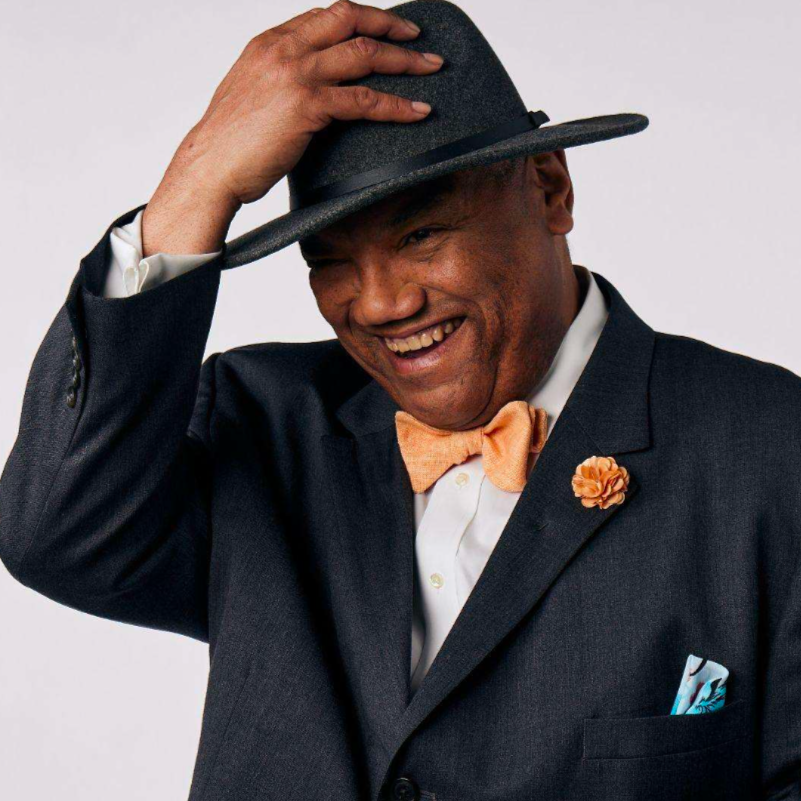Falcons to continue to avoid wayward souls
For the next three days, the Falcons’ personnel decision-makers will glare at a maze of letters, numbers and colored dots on the team’s draft board.
Along with information about speed, agility and strength, there are additional sub-groupings for each player. The team has numerical grades on players from 1 to 9, with six being a projected starter. A player with a nine rating would be the equivalent of a Reggie White, Lawrence Taylor or John Elway projection.
On the draft board, there are letters. A lowercase ‘a’ signals an age concern. An uppercase ‘Z’ denotes a differential from the height/weight and speed charts.
If a player has a medical issue, there’s a red-dot next to his name. If a player has a character issue, he’ll have a “darker colored” dot.
Under general manager Thomas Dimitroff, the Falcons don’t call the names of dark-dot guys on draft day.
“We are very particular about our dot system here,” Dimitroff said. “We are very particular about our locker room.”
The Falcons’ system has its origins in Cleveland, and it moved to New England where Dimitroff was a national scout (2002) and director of college scouting (2003-07).
The Falcons, coming off the Michael Vick federal dogfighting case, embraced the system with the hiring of Dimitroff in 2008.
The system, though, doesn’t offer a full-proof guarantee that Falcons players won’t have character issues. Pro Bowl safety William Moore, a Dimitroff draft pick, was recently arrested for simple battery.
“Unfortunately, there will be situations that arise that we just can’t control,” Dimitroff said. “We all are human. I get that. I understand that.”
There is some flexibility in the scouting system around character.
“If you have what may be a red dot from a medical standpoint or a darker dot or a skull-and-cross-bones dot on a character-issue guy, we may be a little more understanding placing the dots on those cards if that player is that much better,” Dimitroff said.
For instance, Georgia linebacker Alec Ogletree, has had some run-ins with the law, including suspensions in college and a DUI arrest before the combine. He’s a top-10 talent and plays a destruction position at linebacker. He might get a few passes from NFL teams.
Ogletree might not get the dreaded darker dot, whereas former LSU cornerback Tyrann Mathieu, who’s a little undersized and has failed numerous drug tests, will get it.
“That’s the reality of it,” Dimitroff said. “That’s not being hypocritical about it. There are a lot of positions where you’re a lot more understanding to deal with it from an injury standpoint or even from a character standpoint.”
Moving forward, the franchise has decided to continue to bypass what Dimitroff calls “wayward souls” in the draft.
There’s a school of thought that the Falcons, who came with 10 yards of reaching the Super Bowl last season, have a locker room full of established leaders who could steer a wayward soul or two in the right direction.
The Falcons don’t subscribe to that theory.
“Interestingly enough, when we kicked this off in 2008, I thought that it was going to take two or three years to where we were able to get to one of those spots to take one of those so-called wayward-soul type of players,” Dimitroff said. “I believe five years in, six years in now, I realize how particular that we are about our locker room.
“It’s incredible how (when) a person in that locker room has something that does not necessarily fit in with the rest of the guys and may not be of the same character, they stand out like a sore thumb, quite honestly.”
Character still matters very much to the Falcons.
“You can’t just reverse ground and add three, four or five of those players on this team that you deem may be a little bit of a sticking point,” Dimitroff said. “We are aware of it, and yet we’re very proud of where we are with this group — understanding, again, we never want to say that we are a totally clean environment.”



